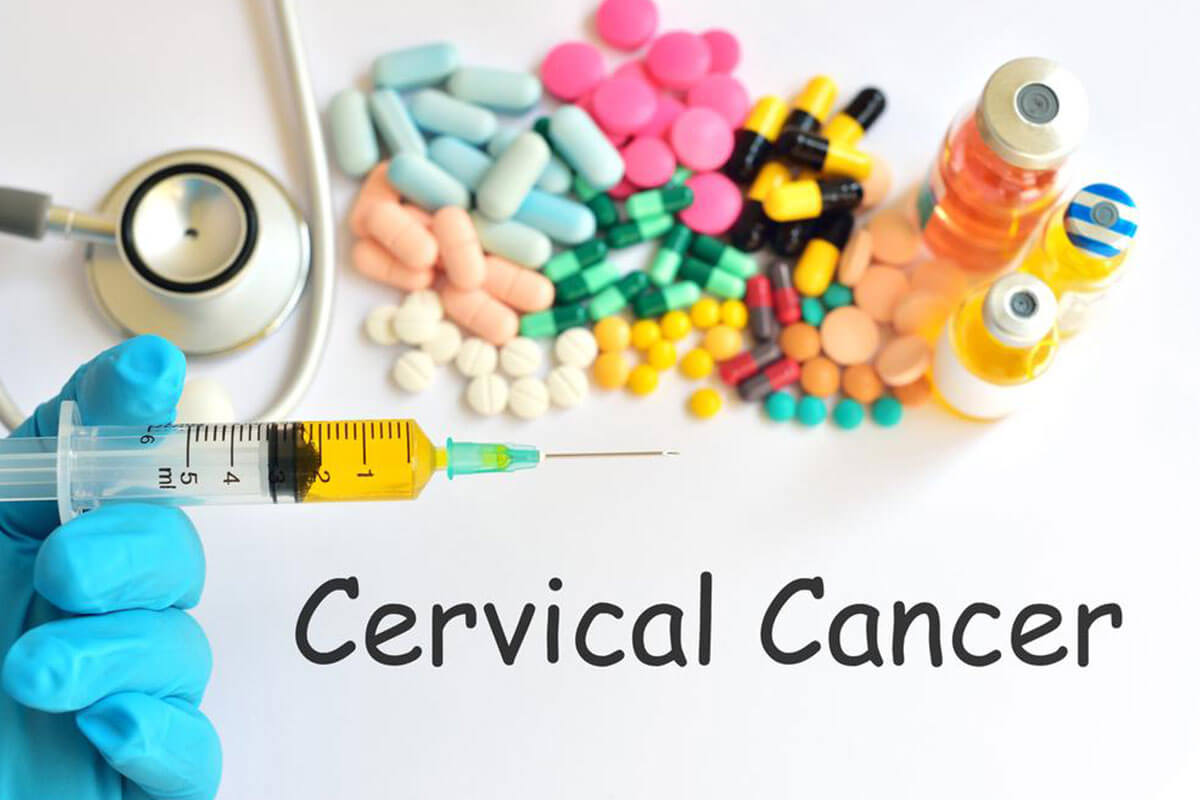Do You Have Any of These Cervical Cancer Symptoms?

The changes in your body that you have been ignoring may actually be cervical cancer symptoms. Here’s what you need to know.
Cervical cancer is the type of cancer that affects the cells of the cervix in a woman—cervix is the narrow lower part of your uterus and is connected to the vagina. The cause of this form of cancer is the human papillomavirus (HPV), a sexually-transmitted infection that is quite common. When you are exposed to this virus strain, your immune system usually stops the virus from causing any harm. But in some women, this virus survives in their bodies for several years and adds to the process of causing cells on the surface of the cervix to turn cancerous.
It is possible that a woman experiencing certain cervical cancer symptoms has been brushing it aside as some minor bodily change. This delay can lead to worsening of the symptoms, so visit a doctor at the earliest if you notice any of the following cervical cancer symptoms occurring in your body.
Unusual vaginal bleeding
Many women experience irregularities in the menstrual cycles, in addition to some harmless cases of bleeding between the regular cycles. However, it can also be one of the cervical cancer symptoms, so it is always safer to consult your doctor to determine the exact cause. Particularly, bleeding after sexual intercourse, longer and heavier periods than usual, and bleeding after you have reached menopause can be worrisome, so don’t delay getting such problems checked by a medical professional.
Changes in vaginal discharge
If you notice any unusual vaginal discharge, it may be an indication of cervical cancer. It is normal to have a small amount of discharge, but if it is one of the cervical cancer symptoms, the discharge may be watery, pale or brown in color, and have a foul odor. At times, it may even have streaks of blood.
Pain during intercourse
For many women, pain during or right after sex can be one of the cervical cancer symptoms. There may be various other causes for this problem, but you cannot rule out this disease as one of the reasons. Observe if this pain has started all of a sudden and if you have been experiencing any of the other cervical cancer symptoms. If yes, it is time to visit your doctor for a check-up.
Leg pain
This may seem like a surprising sign, but pain and swelling in your leg can be one of the early cervical cancer symptoms. This happens because your cervix may swell in a way that blocks the blood flow to your leg. However, not all women with cervical cancer experience leg pain, so do not wait to consult a doctor if you have experienced one or more of the other cervical cancer symptoms.
Urination issues
Many women with cervical cancer report urination problems such as stinging, intense pain, and a sense of tightness. This occurs as the disease leads to your cervix getting swollen and creating pressure on the bladder and abdomen. Trouble in urination may signal advanced cervical cancer symptoms, so seek medical help without any delay.
Presence of blood in your urine
The condition where there is presence of blood in the urine is referred to as hematuria, and this is another one of the advanced cervical cancer symptoms. You may happen to notice this condition yourself, or it may come up during a routine urine test. Irrespective of the way you found out about hematuria, you should report it to a doctor immediately to check if this has been caused by the development of cervical cancer in your body.
Sudden weight loss and unexplained fatigue
Signs such as being tired or losing weight are not often associated with serious health conditions, but it may very well be one of the cervical cancer symptoms that you have been ignoring. While this is a more general sign, weight loss and persistent fatigue for no apparent reason may be an indication that you have cervical cancer. Notice if you have been shedding pounds without even exercising or cutting down on your meals. It may make you happy, but do not completely brush away the fact that it may actually be something as serious as cervical cancer symptoms.



